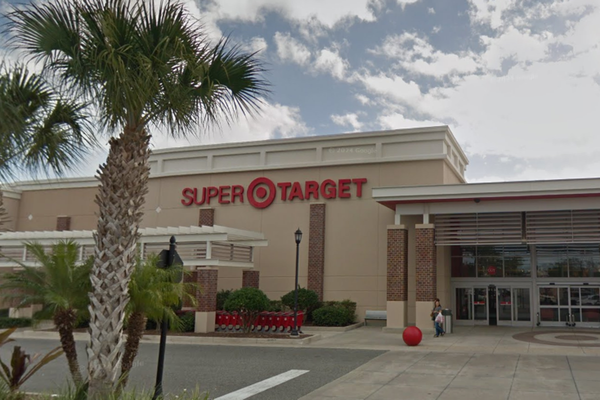Moderna stock reversed lower Thursday after the Food and Drug Administration granted its Merck-partnered cancer vaccine a breakthrough designation.
The companies are testing the personalized cancer vaccine in combination with Merck's Keytruda in patients with melanoma following surgery. But Moderna stock took an early hit after missing fourth-quarter profit expectations and issuing a light sales outlook for 2023.
With the FDA's designation, the agency is acknowledging the combo could offer a substantial improvement over currently available therapies. The designation also allows the agency to expedite its review process.
Still, on today's stock market, Moderna stock tumbled 6.7% and ended the regular session at 147.57, reversing from an after-hours gain Wednesday. Merck stock gained 1.3% and closed at 110.59.
Moderna Stock: 'A New Frontier'
The personalized cancer vaccine uses the same messenger RNA platform as Moderna's blockbuster Covid vaccine.
In this case, it prompts the immune system to create T cells capable of handling a patient's tumor cells. Patients who received bespoke vaccines on top of Keytruda were 44% less likely to relapse or die than those who received Keytruda alone. Keytruda is the standard of care for these patients.
Moderna stock soared nearly 20% the day it announced those results.
Keytruda works by uncovering tumor cells hiding from the immune system. The cancer vaccine adds another layer — handing the immune system the keys to the tumor's unique DNA signature. So, if the cancer returns, the T cells are ready to go.
Moderna President Stephen Hoge said in a written statement that the cancer vaccine "represents a new frontier in treating melanoma and other cancers." But Moderna stock has fallen off since mid-January.
Cancer Vaccine Key To Growth?
Moderna stock sliced through its 200-day moving average on Thursday, MarketSmith.com shows.
The company reported massive declines in fourth-quarter sales and earnings. Sales beat expectations at $5.08 billion, but earnings came in light at $3.61 per share. The earnings decline is due in part to an increase in research and development expenses.
This year, the company expects $5 billion in sales of its Covid shot based on already signed agreements. But that's far below forecasts ranging from $7.4 billion to $8.1 billion.
Longer-term growth will depend on newer products like the cancer vaccine and a respiratory syncytial virus vaccine. Analysts expect sales of the cancer vaccine to begin in 2025. The company also plans to ask the FDA to approve its RSV vaccine in the first half of this year.
Follow Allison Gatlin on Twitter at @IBD_AGatlin.







